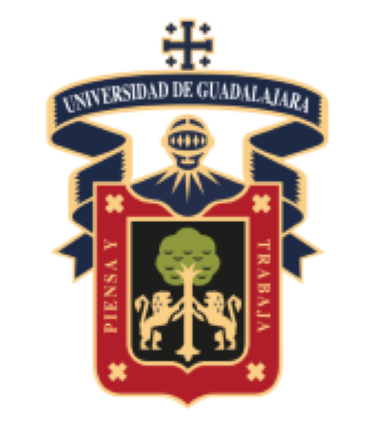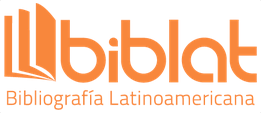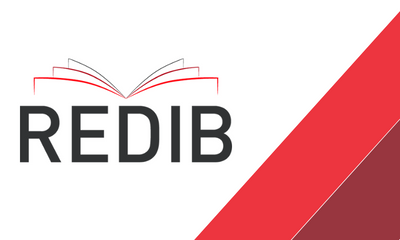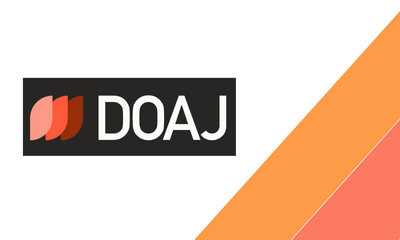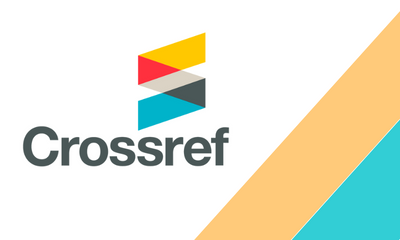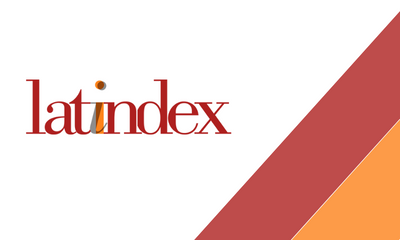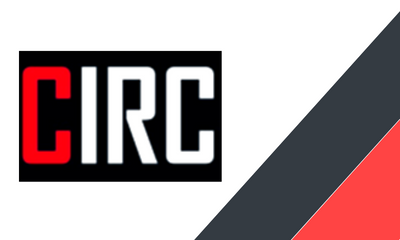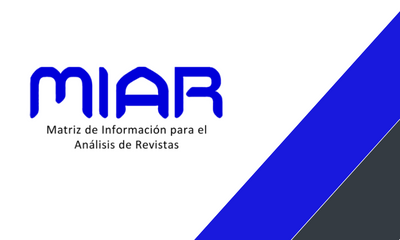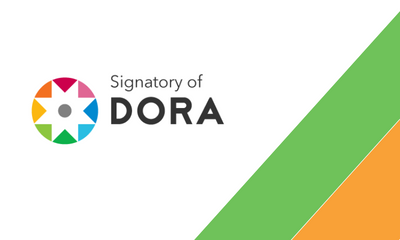About the Journal
Theme and scope
International Relations are in a constant process of growth and complexity. The University of Guadalajara, as an institution that considers research and dissemination as substantive functions, aims to contribute to the analysis of international reality and promote the dissemination of frontier studies that allow discussion from the immense diversity of epistemological approaches that the global development has led.
This journal brings together a group of renowned researchers, experts in different areas of International Studies, who have fostered synergy between various analysis paradigms of International Relations, to promote an open and balanced editorial creation.
The InterNaciones Journal is a biannual periodical publication that offers an academic view of international events, whose mission is to widely disseminate academic work, advances and research results, as well as contribute to the debate of related and/or specialized theories and methodologies in International Relations. The body of the InterNaciones journal is open to analysis and theoretical reflection, to the reading and critical review of the specialized bibliography on international relations, sections of the Journal that allow a wide range of participation possibilities for anyone interested in the International Studies and related disciplines.
The InterNaciones Journal is open to receive contributions from professors, academics, researchers, and professionals of International Relations and Studies and related disciplines, who contribute to the dissemination of proposals, analysis, reflections, or experiences committed to the expansion, understanding, and improvement of these fields of knowledge.
Likewise, InterNaciones seeks to participate in the network of experts and stakeholders in international affairs, therefore it constitutes a means of interrelation between researchers and actors from the different spheres of international action. InterNaciones welcomes the diversity of contributions that in the matter provide a better, exhaustive, and broader vision of the international.
Editorial policy
InterNaciones' fundamental pillar of its editorial policies is to adhere to "diamond" type open access, in order to guarantee that all our scientific and academic publications are available online, free and immediately accessible. You can consult our editorial policy in full at the following link: https://internaciones.cucsh.udg.mx/index.php/inter/
Rates
- InterNaciones journal does not charge any processing or shipping fees for materials.
- Shipping of the printed version of the magazine may incur shipping costs.
- InterNaciones journal does not give financial compensation to authors for publishing.
Code of ethics
InterNaciones journal subscribes to the code of ethics for the performance of the actors involved in the publication process (Editorial Committee, authors, and reviewers) established by the Committee on Publication Ethics (COPE), and available at publicationethics.org
To more details, you can consult the Open Access and Codes of Ethics section that appears in this link: https://internaciones.cucsh.udg.mx/index.php/inter/codigos_de_etica_y_acceso_abierto
Editorial guidelines and good practices
These guidelines are based on the editorial good practice policies of the Committee on Publication Ethics (COPE) and are available at http://publicationethics.org/resources/guidelines
Based on the Open Access and Codes of Ethics of the journal InterNaciones, it is noted that these are the functions of the members of the team of the journal:
Functions of the Scientific Committee
- Establish editorial policy.
- Ensure the academic quality of the journal.
- Formulate the rules of procedure.
- Evaluate and improve the journal’s processes.
- Advise on the definition of the journal’s scientific quality parameters.
- Promote the dissemination of the journal in national and international academic circles.
Functions of the Editorial Committee
- Monitor the contents and functioning of the Journal.
- Resolve disputes.
- To propose members for the Editorial Committee, in cases that are requested, as well as readers or arbitrators for the articles postulated in the journal.
- Invite recognized members of the national and international academic community to publish their work.
- Participate in the articles' ruling.
- Promote the dissemination of the journal in national and international academic circles.
- Submit and/or write articles for the Journal (only 25% of the total articles submitted during the year)
- Propose themselves as peers for the review of articles related to their specialty.
- Suggest other experts as academic peers and in the selection of arbitrators for the evaluation of articles.
- Coordinate publication and issues.
- Evaluate the incorporation of reviewers.
Functions of the Director
- Call for the Editorial Committee.
- Issue Calls for Participation and Collaborations in the Journal.
- Follow up on the process of editing and publishing the journal.
- Manage the logistics of the Journal and its transparency.
- Submit the proposal for each issue to the Editorial Committee.
- Propose the form and content of each issue.
- Manage the necessary resources for the journal.
- Distribute the magazine.
- Provide the information required in indexing processes.
- Follow up the web version of the magazine in the same sense as the activities and the printed version.
Functions of the Technical Editor
- Manage and operate the operation of the editorial manager Open Journal Systems (OJS).
- Invite the referees assigned by the councils to carry out the evaluation of the corresponding texts.
- Constantly monitor the status of the articles and their ruling in the Open Journal System.
- Address the doubts of authors and reviewers regarding the editing process with the OJS platform.
- Attend and participate in technical meetings convened by public higher education organizations and scientific journal publishing networks.
- Be the technical contact with the authorities and entities of the University of Guadalajara involved in the edition of quality scientific journals.
Users
- Readers/users of InterNaciones journal can directly access the content freely and free of charge when a new issue is placed on the platform. The reader/user is allowed to quote, share (electronically and physically), print, and distribute the material provided that it is clearly and explicitly stated that the work was first published in InterNations It is necessary to cite the work correctly and should not be used for profit.
- InterNaciones is an open-access journal.
- The consultation is free of charge.
- Collaborations may be sent as long as they meet the requirements established for that purpose.
- The University of Guadalajara is not responsible for the use that the consultants make of the information contained in the Journal.
Contact
San Jose del Bajio
Col. Alcalde Barranquitas
C.P. 45132
Zapopan, Jalisco, México
Financing
InterNaciones journal depends on the support of the University of Guadalajara and does not charge any kind of fee for processing or sending materials. Only the University of Guadalajara has the right to exploit the contents of the magazine, however, it allows free access to the magazine and the self-filing in its post-print format. To learn more about the scientific journals of the University of Guadalajara, please consult its website: http://www.revistascientificas.udg.mx/
ISSN
E-ISSN: 2007-9834

